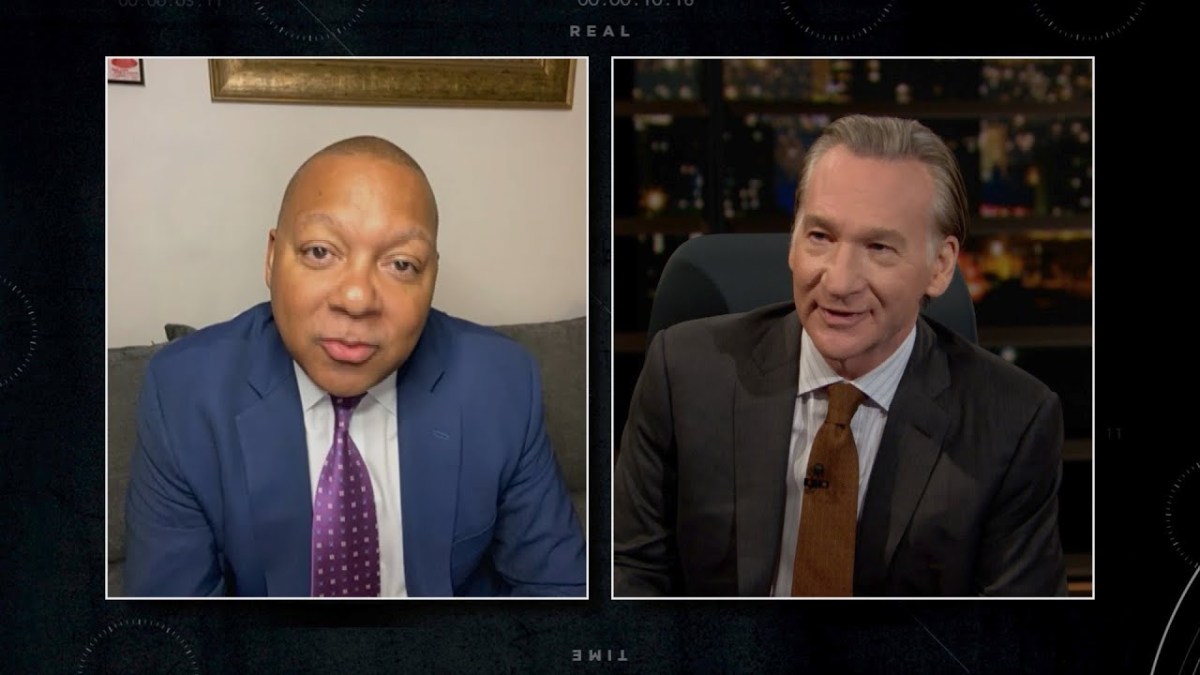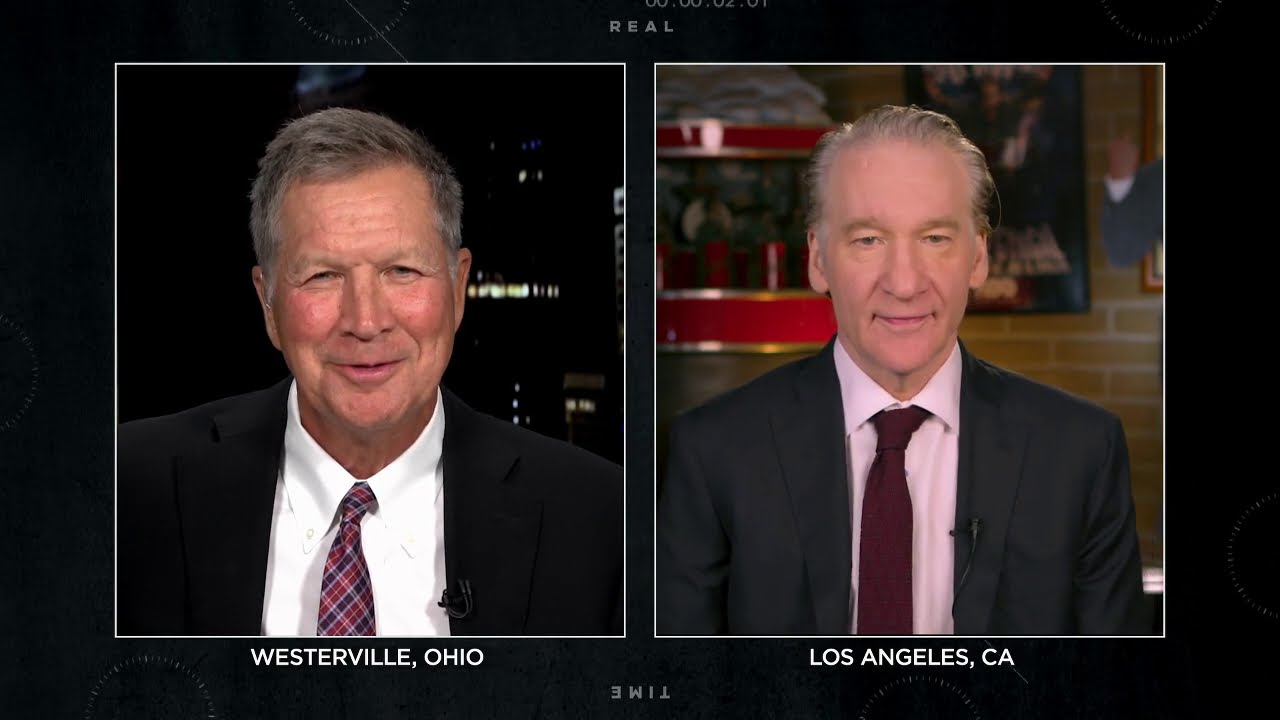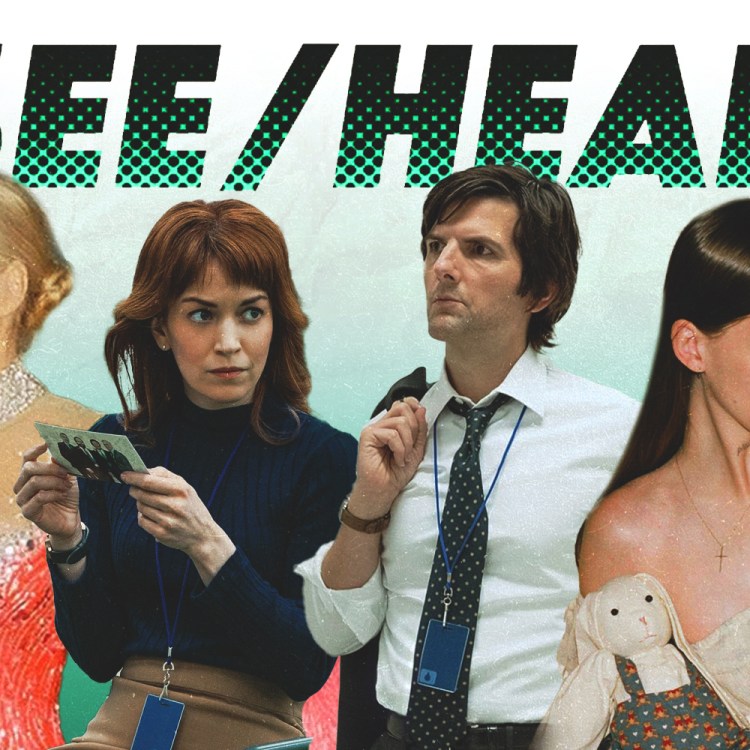“It was a great week if you love reality shows and hate reality.” That was Bill Maher’s take on the recently-concluded Republican National Convention. Many of the topics he addressed in the opening monologue of the latest episode of Real Time With Bill Maher were the satirical equivalents of fish in a barrel: Jerry Falwell, Jr.’s hypocrisy and the abundance of Trump family members speaking at the RNC among them.
The latest episode found Maher back in the studio, albeit continuing to make use of a “studio audience” that consisted of archival clips of a host of people laughing. His first guest? Trey Gowdy, the onetime Republican Representative from South Carolina, who has a new book out to promote. Maher’s first comment to him was that he looked 10 years younger since leaving Congress. “I feel 20 years younger,” Gowdy replied.
Their conversation was frequently contentious: Maher asked Gowdy about the Hatch Act and whether Donald Trump’s comments about the election were out of line; Gowdy engaged in a bit of bothsidesism. The conversation grew livelier when Gowdy and Maher began to focus on the number of safe House districts. That led to a broader conversation about polarization, the upcoming election and Gowdy’s past work as a prosecutor — and his role in the Benghazi hearings.
Following the Gowdy interview was the episode’s panel, here featuring The Trump Women: Part of rhe Deal author Nina Burleigh and The Lincoln Project co-founder Rick Wilson. Not surprisingly, the RNC was also the focus of this conversation; the trio differed on how effective it had been. Wilson noted that the DNC had gotten better ratings, while Maher opined that the last night of the convention, with a largely unmasked audience, was particularly striking. “It’s like a game show on epidemiology or something,” Burleigh said.
Also up for debate? The rise of “Karenism” in political discourse, and the place where it converges with QAnon, for one thing, and whether the Trump campaign’s “law and order” platform would find a receptive audience among voters. The panel concluded their discussion with a riff on Jerry Falwell, Jr. and sexual hypocrisy.
Maher’s final interview for the episode was with famed jazz musician Wynton Marsalis. Marsalis’s latest album, The Ever Fonky Lowdown, was released earlier this month. “The music that satirizes the things that divide us,” Marsalis said. This, in turn, led to Maher discussing Marsalis’s signature on the Harper’s letter — something Maher has discussed in the past. Marsalis said that he had signed it, in part, in a spirit of increasing greater dialogue.
From there, Marsalis addressed issues of police violence, and fearmongering in politics. For the most part, Maher sat back and let Marsalis address questions of race, class and inequality without interruption.
Maher returned to the RNC for much of the jokes in the episode’s “New Rules” segment, though a bit about the return of the elephant shrew took things into a more absurdist territory. “Why now?” Maher asked. (The answer? “WAP.”) Maher closed the episode with an impassioned report on the state of the Postal Service. “There’s a never-ending well of creativity on the right to keep people from voting,” Maher said.
Maher made the case that his viewers stop sending mail for most of the fall, to free up room for absentee ballots to be delivered. Though the bulk of his invective was reserved for junk mail rather than correspondence or personal deliveries, leading to a blend of impassioned rhetoric and more than a little snark — a description that could also apply to the episode as a whole.
Subscribe here for our free daily newsletter.
Thanks for reading InsideHook. Sign up for our daily newsletter and be in the know.

















